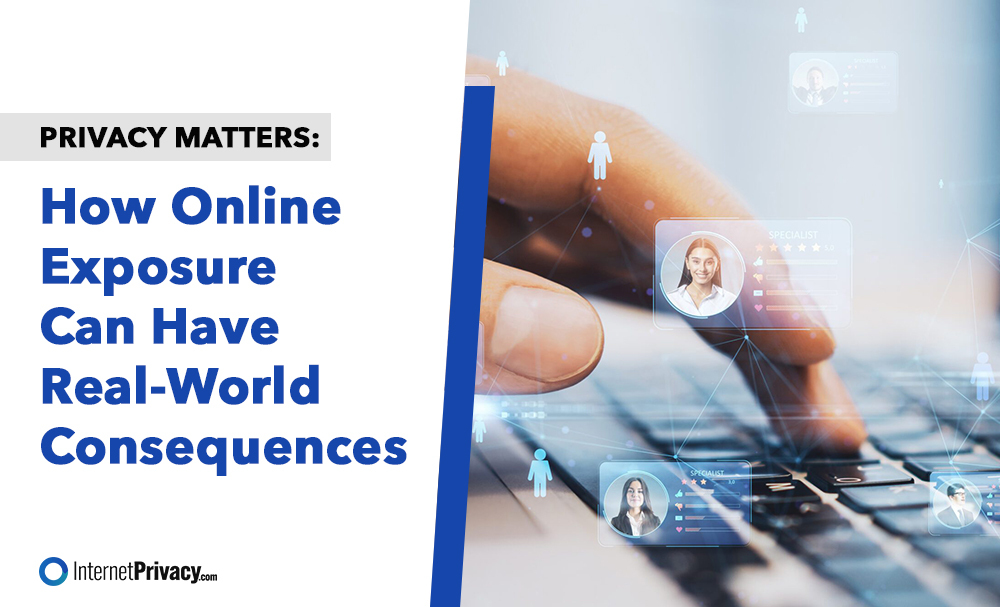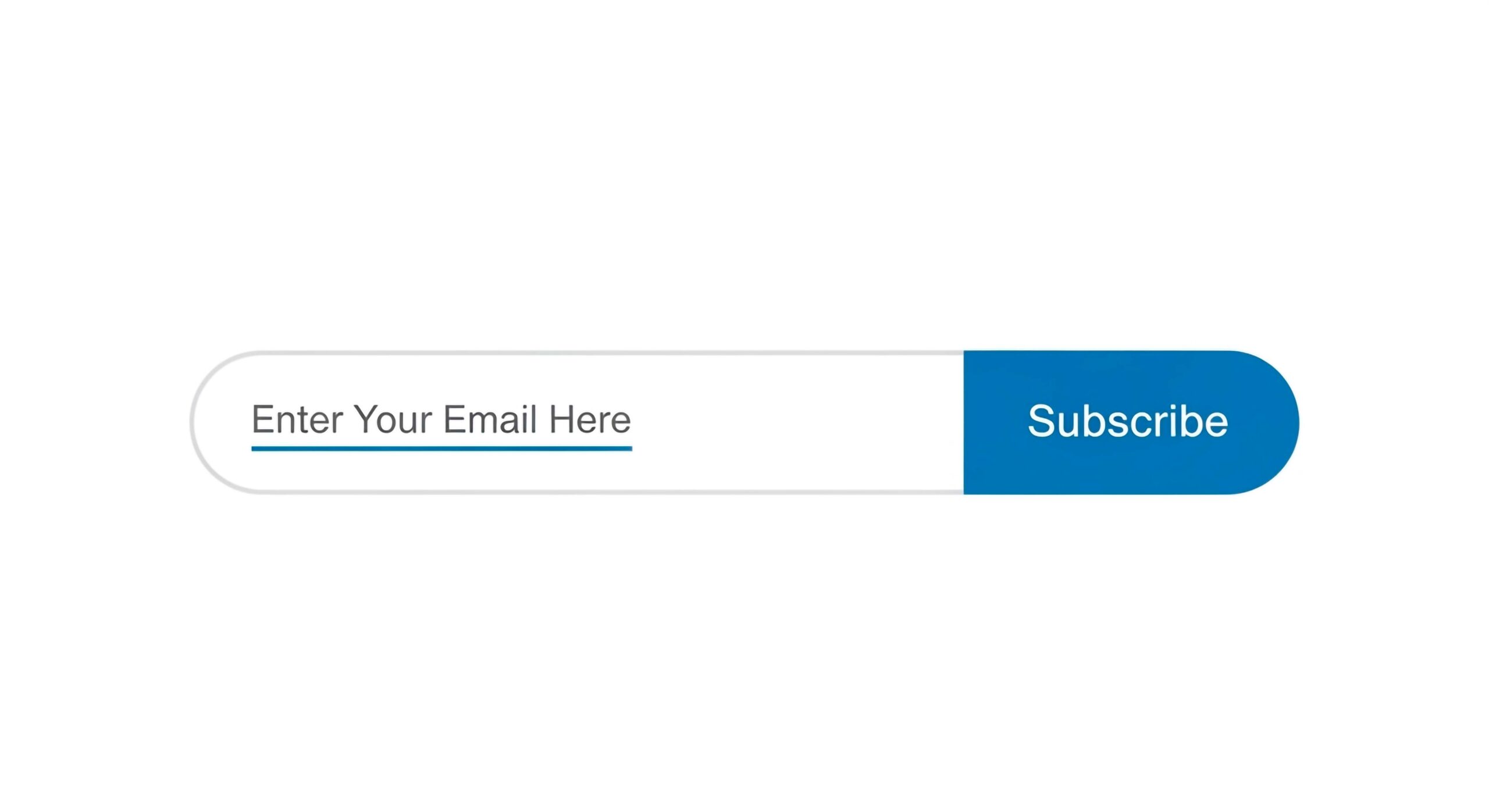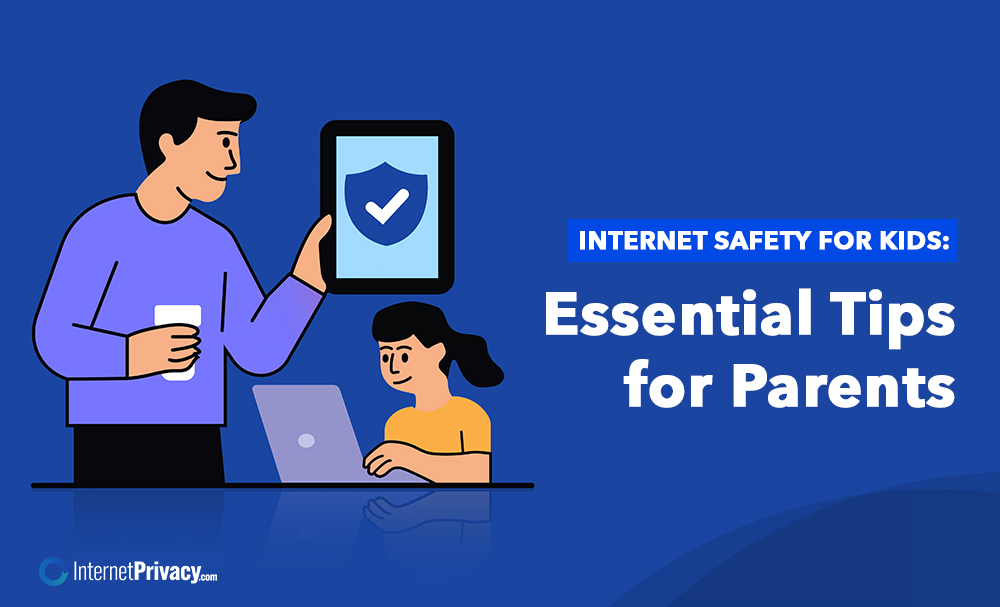Privacy Matters: How Online Exposure Can Have Real-World Consequences

Online exposure is something we all face, especially through social media platforms like Facebook, Instagram, and TikTok. Our social media presence can greatly impact both our personal and professional lives, making it essential to understand the risks and take steps to protect ourselves and manage our online privacy.
What is Online Exposure?
Online exposure refers to the visibility of your personal information on the internet, often shared on social media platforms such as Facebook, Instagram, and LinkedIn. This exposure can range from public posts to sensitive data unknowingly collected by apps and websites. As we engage more with these platforms, it’s crucial to understand the implications of our online presence. Without awareness, we risk our data being exploited, leading to identity theft or misuse by cybercriminals. Thankfully, privacy settings and effective communication tools can help protect our information and manage our privacy online.
Why Does Online Exposure Matter?
In a world where privacy risks are growing, understanding the importance of managing your online exposure is vital. With the rise in identity theft and scams, personal information is more vulnerable than ever. Malicious actors often use social engineering tactics, manipulating people into revealing sensitive details. Managing your social media accounts and online presence is key to protecting yourself from these risks. For example, taking advantage of privacy settings on social media can significantly reduce your vulnerability to these online threats.
The Risks of Online Exposure
There are several serious risks associated with online exposure, ranging from identity theft to scams. As personal information becomes more widely shared, the likelihood of falling victim to cybercrimes increases. Some of the major risks include:
- Identity Theft: When someone steals your personal information, like your Social Security number or banking details, and uses it for fraudulent activities.
- Phishing Scams: Deceptive emails or messages that trick you into revealing sensitive information.
- Dark Web Transactions: Stolen personal data is often sold on the dark web, complicating the online safety landscape.
The tragic incident involving United Healthcare CEO Brian Thompson highlights the dangers of online exposure, especially when location details are shared without your knowledge. Personal information, including location data, can be inadvertently made accessible, leaving individuals vulnerable to threats. Cybercriminals exploit these vulnerabilities, often without the individual’s awareness, underscoring the importance of protecting one’s personal data.
How Online Exposure Affects Your Personal Life
Your online presence can have a profound impact on your personal life, potentially leading to emotional distress, privacy breaches, and trust issues in relationships. For example, sharing too much personal information online can lead to unwanted attention, harassment, or even physical harm. Many individuals feel anxious about how they’re perceived online, leading to constant monitoring of their social media profiles. This can cause unnecessary stress and affect personal relationships.
Here are a few examples of how online exposure can have real-world consequences:
- An individual faced backlash when private messages were leaked, causing social isolation.
- Another person received threats after their location was accidentally shared on social media.
These scenarios highlight the importance of managing your online presence carefully to prevent emotional and personal damage.
How Online Exposure Affects Your Professional Life
In the professional world, your online presence is often the first impression potential employers or clients have of you. A poorly managed online profile can negatively impact career opportunities, while a well-maintained one can enhance your professional image. Hiring managers frequently evaluate candidates’ social media profiles, and negative content can influence their decisions. It’s crucial to manage your online identity to ensure you’re presenting the best version of yourself.
Here’s why online exposure matters for your professional life:
- Employer Perceptions: Employers often use social media to evaluate potential hires, so negative content can hurt your chances.
- Career Opportunities: A positive online presence can attract recruiters, while negative content may turn them away.
- Professional Relationships: Carefully managing your social media and privacy settings can help you build trust with colleagues and clients.
Being mindful of your digital interactions is essential in today’s hyper-connected world.
Common Forms of Online Exposure
The most common forms of online exposure stem from social media engagement, online shopping, and banking. These platforms often involve sharing sensitive information, which can be misused if not properly secured.
Social Media
Social media platforms like Facebook, Instagram, and Twitter encourage users to share personal information, but this can result in emotional distress and privacy violations if not carefully managed. Posting too much can expose you to unwanted attention, harassment, or public scrutiny, causing emotional harm.
To protect yourself, consider:
- Limiting the visibility of your posts.
- Regularly updating privacy settings.
- Educating yourself on the emotional impact of sharing personal details online.
Online Shopping
While convenient, online shopping can expose you to privacy risks, as e-commerce platforms collect extensive data on purchasing habits and preferences. If this information is compromised, it can lead to identity theft or fraud.
Here’s how to shop safely online:
- Read privacy policies before making a purchase.
- Use strong, unique passwords.
- Choose secure payment methods, like virtual wallets.
- Regularly monitor your financial accounts for unauthorized transactions.
Online Banking
Online banking offers convenience but also exposes users to privacy risks, such as phishing scams and malware. To protect your financial information, use strong, unique passwords, enable two-factor authentication, and regularly monitor account statements.
How to Protect Your Privacy Online
Individuals can take several steps to protect their online privacy. Here are some key strategies:
Use Strong Passwords
Strong, unique passwords are essential for safeguarding your information. A strong password should include a mix of letters, numbers, and symbols, making it harder to guess.
Here are a few tips for managing passwords:
- Use passphrases for easier memorability.
- Change passwords regularly.
- Avoid using easily accessible information, like birthdays or pet names.
Consider using a password manager to securely store and generate strong passwords for each account.
Be Cautious About What You Share on Social Media
Before sharing anything online, consider the potential risks. Oversharing can lead to privacy concerns and unwanted attention. It’s wise to limit location sharing, avoid personal identifiers, and be cautious about sensitive work or family details.
Use Privacy Settings on Social Media
Adjusting privacy settings on platforms like Facebook, Instagram, and Twitter helps control who sees your posts and protects your information from malicious actors. Regularly review your privacy settings to ensure they align with your comfort level.
Be Wary of Suspicious Emails, Websites, and Social Media Scams
Phishing attacks and scams are increasingly sophisticated. Always verify the sender’s email address, avoid clicking on suspicious links, and be cautious when sharing personal information online.
Keep Your Software Updated and Secure
Regular software updates are essential for keeping your devices secure. Updates often include security patches to address vulnerabilities that cybercriminals may exploit. Always keep your software, security apps, and operating systems up to date.
Legal Implications of Online Exposure
The legal consequences of online exposure can be significant. Cyberbullying, identity theft, harassment, and defamation can result in severe emotional and financial distress and even legal action. Understanding your online footprint and its potential impact is essential to protecting your rights.
Here’s a look at some of the key legal implications:
- Cyberbullying: Using digital platforms to harass others can have serious emotional and legal consequences.
- Identity Theft: Stealing someone’s personal information for fraud can lead to both financial and legal ramifications.
- Online Harassment: Intimidating or bullying others online can result in criminal charges.
- Defamation: Spreading false information online that harms someone’s reputation can lead to legal action.
Steps to Take if You’ve Experienced Online Exposure
If you’ve experienced online exposure that compromises your privacy, take immediate action:
- Document the Exposure: Record what information was exposed, how it was shared, and the impact it has had on you.
- Report the Exposure: Notify the appropriate authorities, whether it’s social media platforms, consumer protection agencies, or law enforcement.
- Seek Legal Help: If the exposure results in identity theft or other significant issues, consult a lawyer specializing in privacy law.





